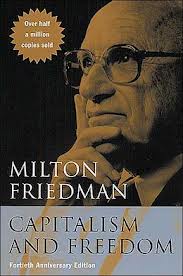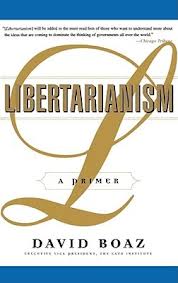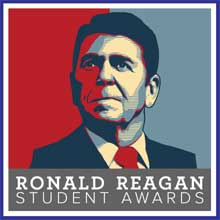- According to the Libertarian philosopher, Roderick Long, he defines libertarianism as “any political position that advocates a radical redistribution of power from the coercive state to voluntary associations of free individuals.”
- Libertarianism is one of the three major branches of conservatism, including the Traditionalists and Anticommunists. Many people associate the economic conservatism branch to libertarianism.
- Libertarianism emphasizes individual liberty, limited governments, free markets, private enterprise, and individualism.
- Famous economists who ascribed to libertarian principles were F.A. Hayek (author of Road to Serfdom), Ludwig von Mises (author of Bureaucracy), Milton Friedman (author Free to Choose and Capitalism & Freedom), and Henry Hazlitt (author of Economics in One Lesson).
- F.A. Hayek’s book, Road to Serfdom, was published in 1944 and helped kick-start the modern conservative movement. Hayek’s thesis was central planning of all economic activity ultimately ends with the devastation of individual liberty.
- Milton Friedman postulated that political freedom and economic freedom were inextricably linked. Many of the free market economists were associated with the Austrian school of economic thought that emphasized limited government economic intervention, compared to the German school of economic thought, which emphasized a robust interventionist role in government economic activity.
- Milton Friedman once stated that there is no such thing as a “free lunch,” implying that when the government spends money, they are actually spending your money.
- Libertarians have been criticized at times for their stances on national security, emphasizing a more isolationist outlook regarding foreign policy. They are also criticized for being agnostic on social issues, and for their moderate stances on drug enforcement.

Summary
Course Profile
- EST. TIME 2 hrs
-
SUBJECT
Politics and Government

- POINTS 1000
View This Series
course outline
Source Attribution

related works
 Capitalism and Freedom
Milton Friedman
Capitalism and Freedom
Milton Friedman
 The General Theory of Employment, Interest and Money
John Maynard Keynes
The General Theory of Employment, Interest and Money
John Maynard Keynes
 Libertarianism: A Primer
David Boaz
Libertarianism: A Primer
David Boaz





